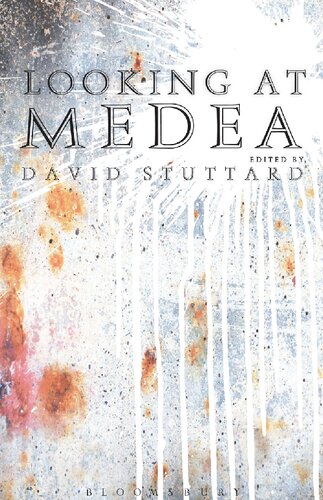
Looking at Medea: Essays and a translation of Euripides’ tragedy PDF
233 Pages·2014·2.267 MB·English
Most books are stored in the elastic cloud where traffic is expensive. For this reason, we have a limit on daily download.
Preview Looking at Medea: Essays and a translation of Euripides’ tragedy
Description:
Euripides' Medea is one of the most often read, studied and performed of all Greek tragedies. A searingly cruel story of a woman's brutal revenge on a husband who has rejected her for a younger and richer bride, it is unusual among Greek dramas for its acute portrayal of female psychology. Medea can appear at once timeless and strikingly modern. Yet, the play is very much a product of the political and social world of fifth century Athens and an understanding of its original context, as well as a consideration of the responses of later ages, is crucial to appreciating this work and its legacy. This collection of essays by leading academics addresses these issues, exploring key themes such as revenge, character, mythology, the end of the play, the chorus and Medea's role as a witch. Other essays look at the play's context, religious connotations, stagecraft and reception. The essays are accompanied by David Stuttard's English translation of the play, which is performer-friendly, accessible yet accurate and closely faithful to the original.
See more
The list of books you might like
Most books are stored in the elastic cloud where traffic is expensive. For this reason, we have a limit on daily download.
